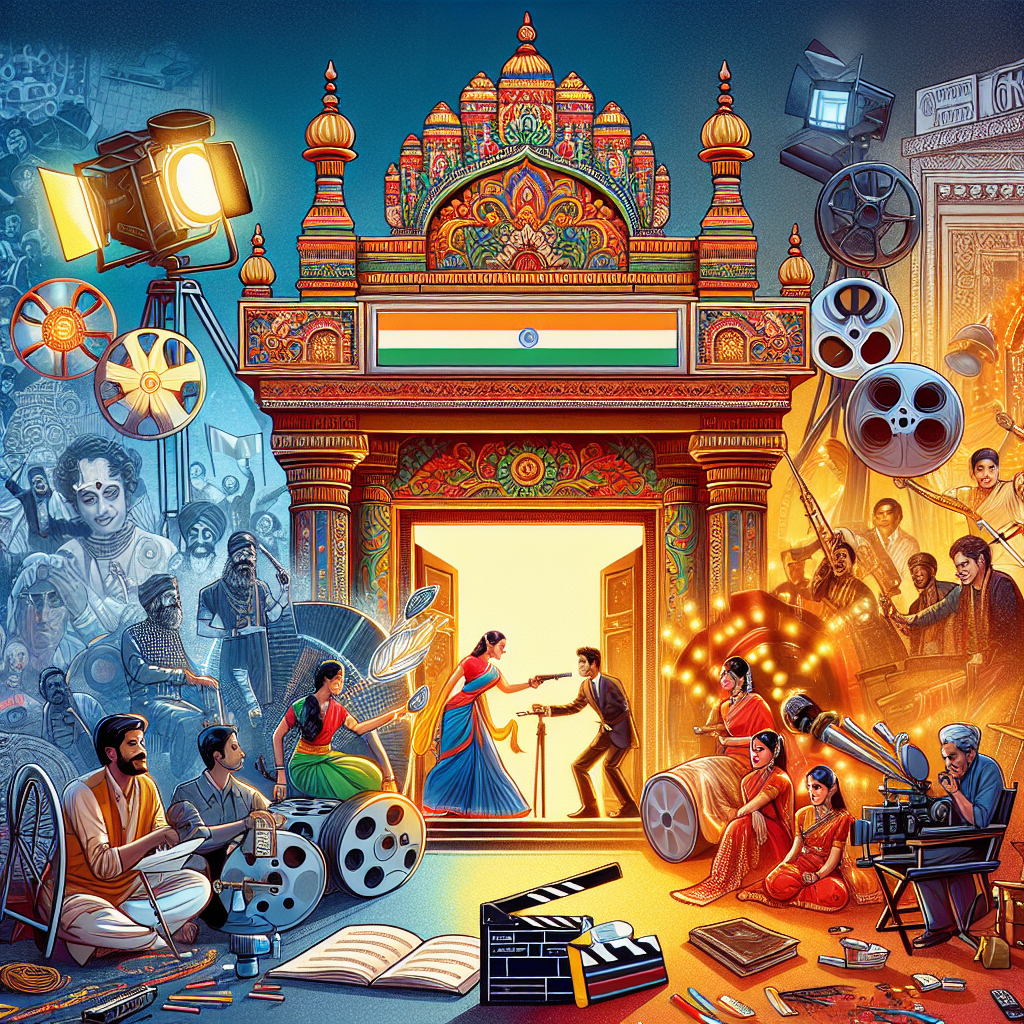Reel Transformation: Saudi Arabia's Cinematic Renaissance
Saudi Arabia's film industry has transformed since cinema bans were lifted in 2018, marked by Roula Dakheelallah's recent award at the Red Sea International Film Festival. Despite cultural advances, critics argue that these efforts mask ongoing human rights issues, with content still censored on sensitive topics.

- Country:
- Saudi Arabia
In a significant transformation, Saudi Arabia's film industry has made impressive strides since the lifting of a decades-long cinema ban in 2018. Highlighting this evolution, Roula Dakheelallah, star of 'My Driver and I,' won the Chopard Emerging Saudi Talent award at the Red Sea International Film Festival.
The festival serves as a testament to Saudi Arabia's commitment to fostering a thriving film landscape and positioning itself as a cultural hub. Critics, however, argue that the initiatives, while showcasing cultural openness, are attempts to obscure prevailing human rights concerns. The film industry, backed by the Vision 2030 initiative, faces ongoing scrutiny for censorship on politically or socially sensitive films.
With blockbuster cinema developments and collaborations, Saudi Arabia aims to redefine its narrative. Nevertheless, filmmakers like Hana Al-Omair acknowledge significant hurdles, particularly in receiving approval for films addressing contentious themes. The success of movies like 'My Driver and I' highlights the potential for a burgeoning film scene amidst persistent challenges.
(With inputs from agencies.)
ALSO READ
G7 and EU Criticize China's Human Rights and Maritime Actions
Baloch Delegation Urges UN for Human Rights Investigation in Balochistan
Volkswagen's Departure from East Turkistan Sparks Human Rights Dialogue
NHRC India Concludes Online Internship Program with 52 Students to Champion Human Rights
Outcry Over Balochistan's Extrajudicial Killings: Human Rights Group Demands Justice










